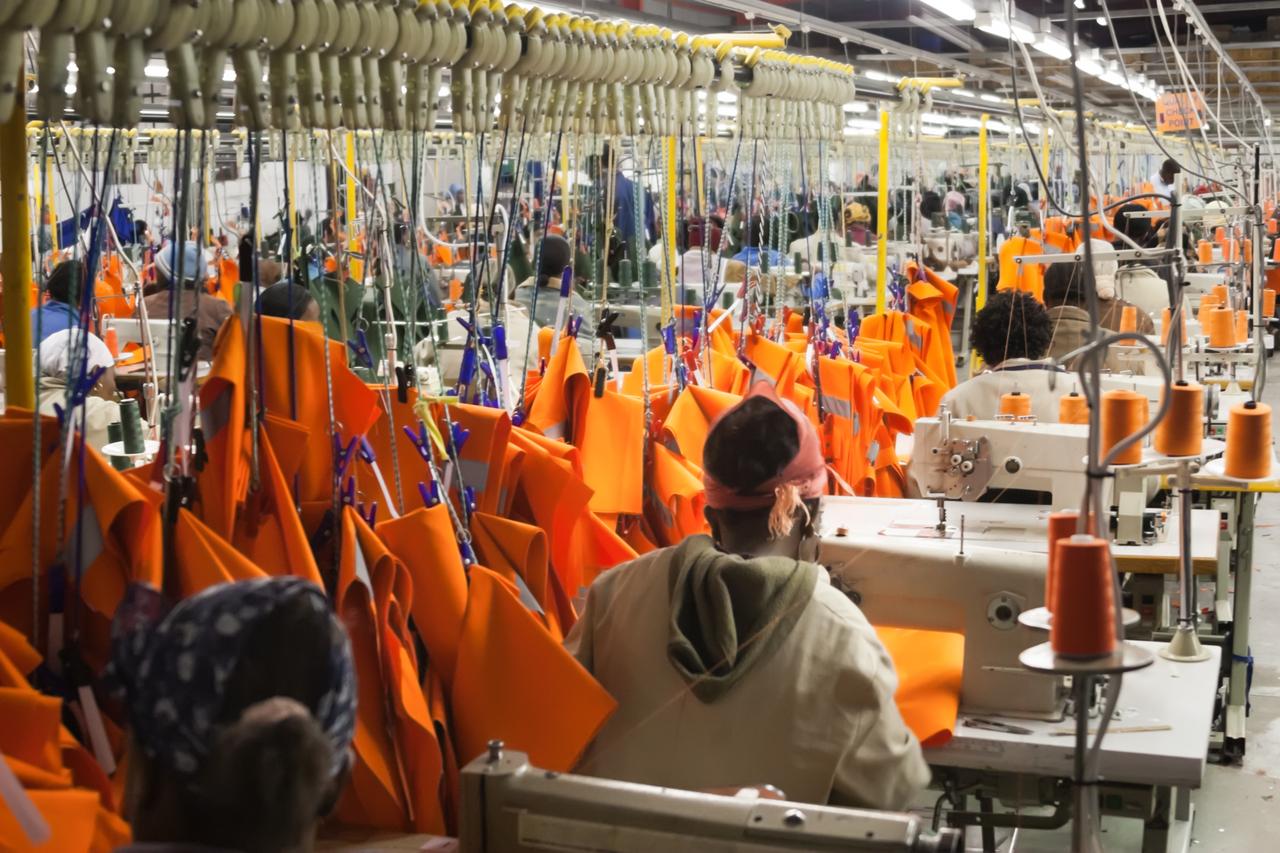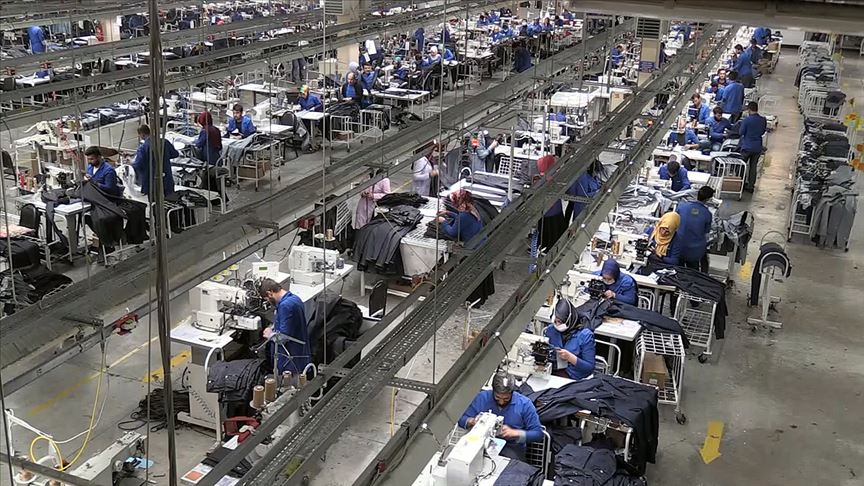
Kenya is positioning itself as the next key destination for Türkiye’s booming textile and garment investments, seeking to attract manufacturers that have increasingly flocked to Egypt in recent years, Abubakar Hassan Abubakar, Kenya’s principal secretary for investments, said.
Speaking at the fifth Türkiye-Africa Business and Economic Forum held in Istanbul on Oct. 16–17, Abubakar remarked that the country offers wider advantages for Turkish companies to set up production facilities locally as part of its strategy to reduce reliance on the U.S. market, where exports currently benefit from duty-free access under the African Growth and Opportunity Act (AGOA), Nation Africa reported.
Abubakar said Kenya aims to strengthen its industrial base by attracting Turkish manufacturers to produce within its borders, noting that Türkiye’s advanced textile expertise aligns well with Kenya’s ambition to transition from raw material exports to value-added manufacturing. "We know that Türkiye is good in textiles and garments, focusing on the European market with which we enjoy duty-free access," he said.
He asserted that this combination of preferential market access and investment incentives—through export processing zones (EPZs) offering tax breaks, duty-free machinery imports, and VAT exemptions—makes Kenya a competitive alternative for Turkish manufacturers seeking entry to the European market.
Over the past decade, Egypt has become a major manufacturing base for Turkish textile and apparel companies seeking to expand export capacity and lower production costs. The country offers competitive advantages, including lower energy and labor expenses, tax exemptions in designated industrial zones, and free access to major markets through trade agreements with the EU and African countries.
According to the Türkiye-Egypt Business Council, more than 1,700 Turkish firms currently operate in Egypt across sectors such as textiles, construction materials, automotive components, and chemicals, with total investments exceeding $3.5 billion. Kenya now hopes to replicate this model by offering similar trade access and incentives within East Africa.

Kenya’s outreach comes as uncertainty surrounds the renewal of the U.S. African Growth and Opportunity Act (AGOA), which provides duty-free access for Kenyan apparel to the American market. Although President William Ruto recently announced a one-year extension until September 2026, industry stakeholders fear that the program’s expiry could expose exports to tariffs of up to 28%, threatening the competitiveness of local producers and thousands of jobs tied to U.S. orders.
Under AGOA, Kenya’s apparel exports reached $470 million in 2024, supporting more than 66,000 direct jobs, according to official data. Yet with the program’s long-term future unclear, the government is now diversifying its trade relationships through initiatives like the National Export Strategy and the Route to Market Strategy to reduce reliance on a single market.
By courting Turkish investors, Kenya aims to emulate Egypt’s trajectory—building industrial zones that serve both African and European markets while strengthening local manufacturing capacity. Kenya’s long-term goal is to establish itself as East Africa’s textile hub by combining Turkish expertise with its strategic market access to build a stable, diversified export base, according to government sources.
Along with Kenya, the expiry of AGOA could hit other African countries hard, as Olivia Rabearisoa, director of Sub-Saharan Diplomatic Relations at the Turkish-African Business Association (TABA), told Anadolu Agency.
She warned that the end of the trade program could cost millions of jobs across the continent, particularly in the textile and agriculture sectors. Rabearisoa cautioned that higher U.S. tariffs would place a heavy burden on smaller exporters, especially in countries that depend on garment and agricultural production. She added that women and young workers, who make up much of Africa’s textile and apparel workforce, would be among the most affected.
Under AGOA, about 30 African countries can export more than 6,000 products to the United States duty-free. With the law’s expiration, this privilege would end, and African exporters would face customs duties ranging from 10% to 30%.
Turkish-African Business Association's (TABA) Founder and President Mehmed Fatih Akbulut also said that the end of the U.S.-Africa trade framework is likely to trigger a search for new partners across the continent, noting that Türkiye could emerge as a reliable alternative in this transition. He pointed out that through its "Opening to Africa Policy" and subsequent "Africa Partnership Policy,"
Akbulut added that Turkish companies have already been expanding their investments in textiles, furniture, and food industries across Africa, and could help fill the employment gap left by AGOA’s potential expiry through their experience in construction, health care, textile machinery, and food processing.